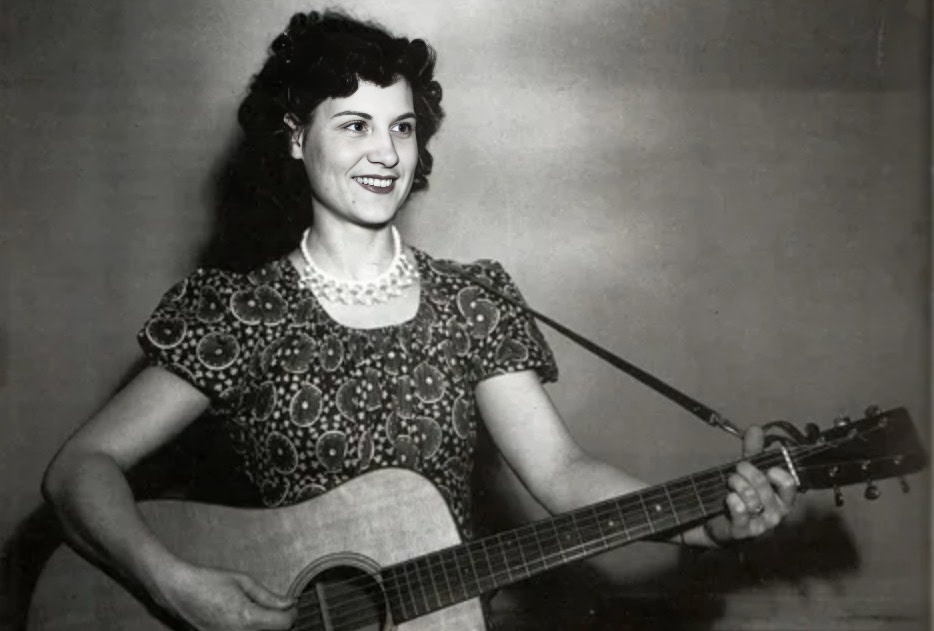
Kitty Wells, born Muriel Ellen Deason, was a groundbreaking American country music singer who shattered stereotypes and paved the way for future female artists in a male-dominated industry. Often referred to as the “Queen of Country Music,” Wells holds the distinction of being the first female country singer to top the U.S. country charts with her iconic 1952 hit, “It Wasn’t God Who Made Honky Tonk Angels.” While she didn’t amass a collection of mainstream awards in the early years like some of her male counterparts, her impact on the industry is undeniable and recognized through numerous accolades, including a Grammy Lifetime Achievement Award in 1991 and induction into the Country Music Hall of Fame in 1976.
“It Wasn’t God Who Made Honky Tonk Angels” was more than just a song; it was a revolutionary response to Hank Thompson’s hit, “The Wild Side of Life,” which blamed women for infidelity in relationships. Wells’ song flips the script, arguing that married men are equally responsible for the downfall of relationships, and that women driven to “honky tonk” life are often victims of broken promises and wandering husbands. It’s a poignant commentary on societal double standards and the consequences of infidelity, told from a female perspective.
The song resonated deeply with audiences, particularly women, who felt their experiences were finally being represented in country music. While some initially met the song with criticism, particularly from radio stations who were hesitant to play a record challenging traditional gender roles, its overwhelming popularity forced them to reconsider. “It Wasn’t God Who Made Honky Tonk Angels” quickly became an anthem for wronged women and a powerful statement about equality and accountability within relationships, solidifying Kitty Wells’ place in country music history and opening doors for countless female artists to follow.